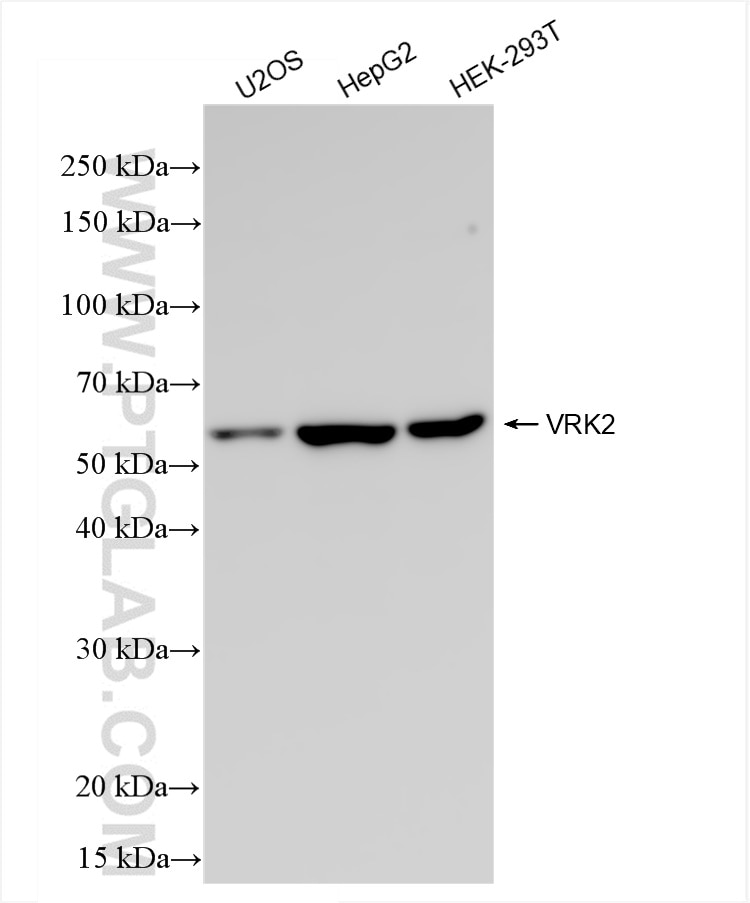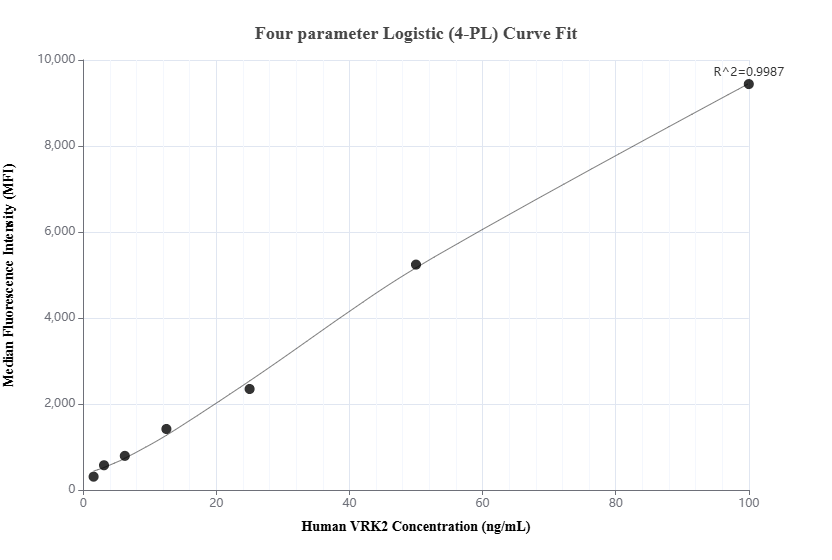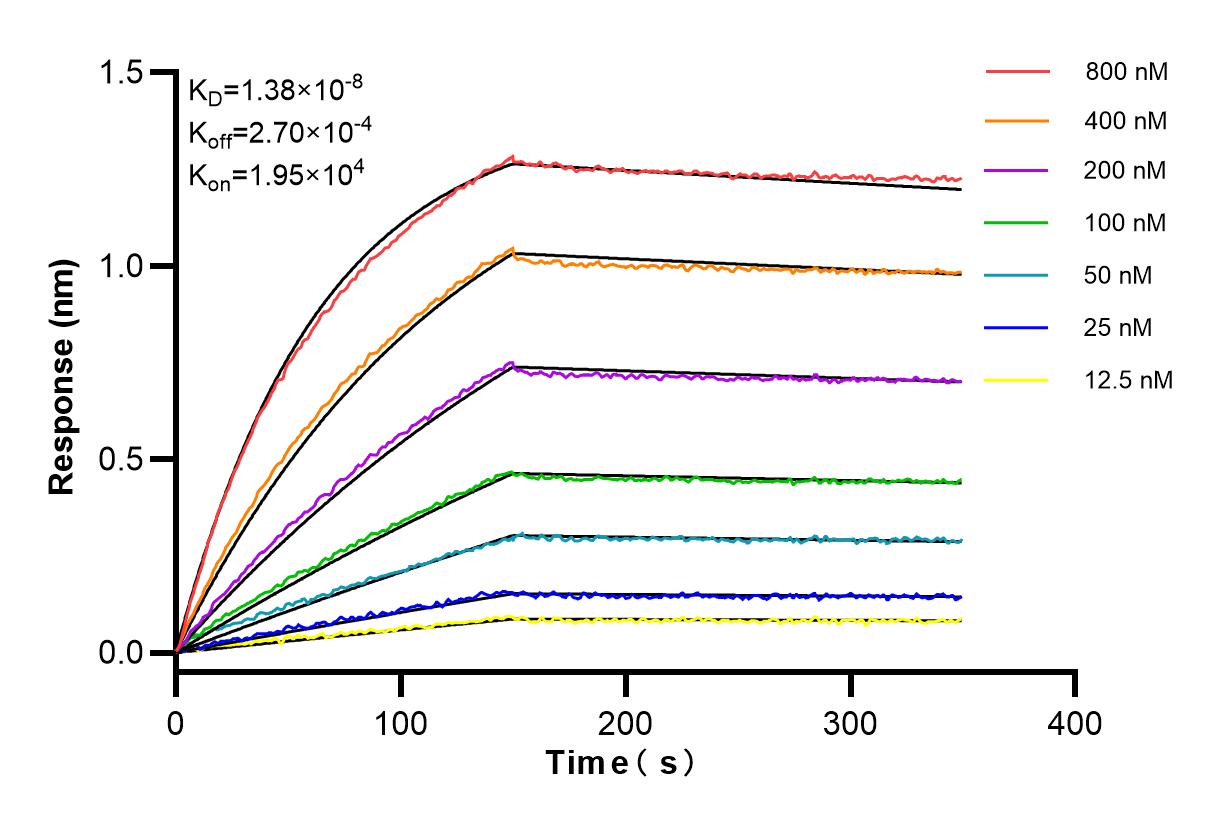Product Information
84663-1-PBS targets VRK2 as part of a matched antibody pair:
MP01476-1: 84663-1-PBS capture and 84663-2-PBS detection (validated in Cytometric bead array)
Unconjugated rabbit recombinant monoclonal antibody in PBS only (BSA and azide free) storage buffer at a concentration of 1 mg/mL, ready for conjugation. Created using Proteintech’s proprietary in-house recombinant technology. Recombinant production enables unrivalled batch-to-batch consistency, easy scale-up, and future security of supply.
This conjugation ready format makes antibodies ideal for use in many applications including: ELISAs, multiplex assays requiring matched pairs, mass cytometry, and multiplex imaging applications.Antibody use should be optimized by the end user for each application and assay.
| Tested Reactivity | human |
| Host / Isotype | Rabbit / IgG |
| Class | Recombinant |
| Type | Antibody |
| Immunogen | VRK2 fusion protein Ag4019 Predict reactive species |
| Full Name | vaccinia related kinase 2 |
| Calculated Molecular Weight | 508 aa, 58 kDa |
| Observed Molecular Weight | 58 kDa |
| GenBank Accession Number | BC027854 |
| Gene Symbol | VRK2 |
| Gene ID (NCBI) | 7444 |
| Conjugate | Unconjugated |
| Form | Liquid |
| Purification Method | Protein A purification |
| UNIPROT ID | Q86Y07 |
| Storage Buffer | PBS only , pH 7.3 |
| Storage Conditions | Store at -80°C. |
Background Information
Vaccinia-related kinase 2 (VRK2) is a serine/threonine kinase that plays a significant role in various cellular processes, including cell survival, proliferation, and DNA damage response. The VRK2 gene is known to produce two main splice variants: VRK2A and VRK2B, with VRK2A being the predominant form in humans. VRK2 is involved in several key biological functions. It is known to enhance cell survival by acting as an anti-apoptotic factor, which is particularly crucial in cancer biology. The overexpression of VRK2 has been linked to increased drug sensitivity in cancer cells, suggesting that this kinase may play a role in therapeutic responses. Additionally, high levels of VRK2 protein have been associated with improved survival rates in specific subgroups of astrocytomas, a type of brain tumor. (PMID: 29872222; 37943248; 24079673)







